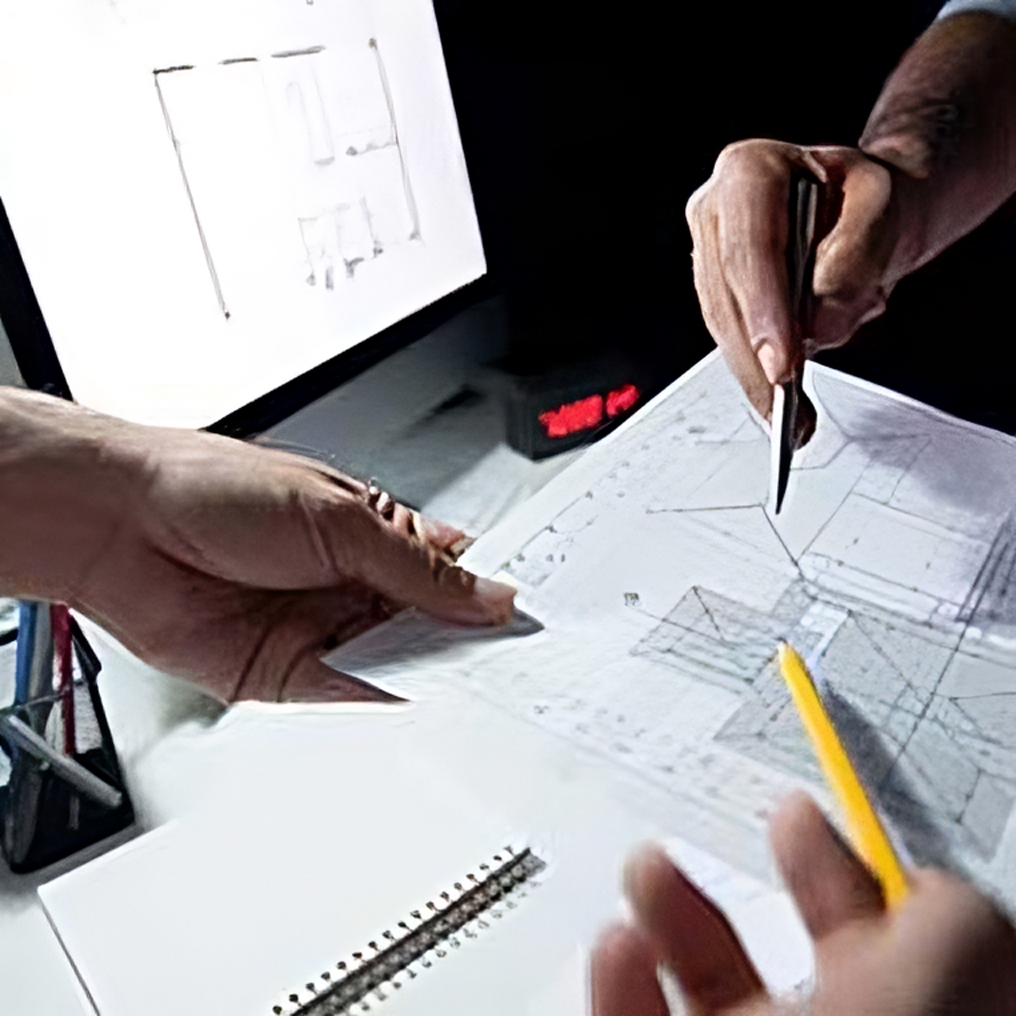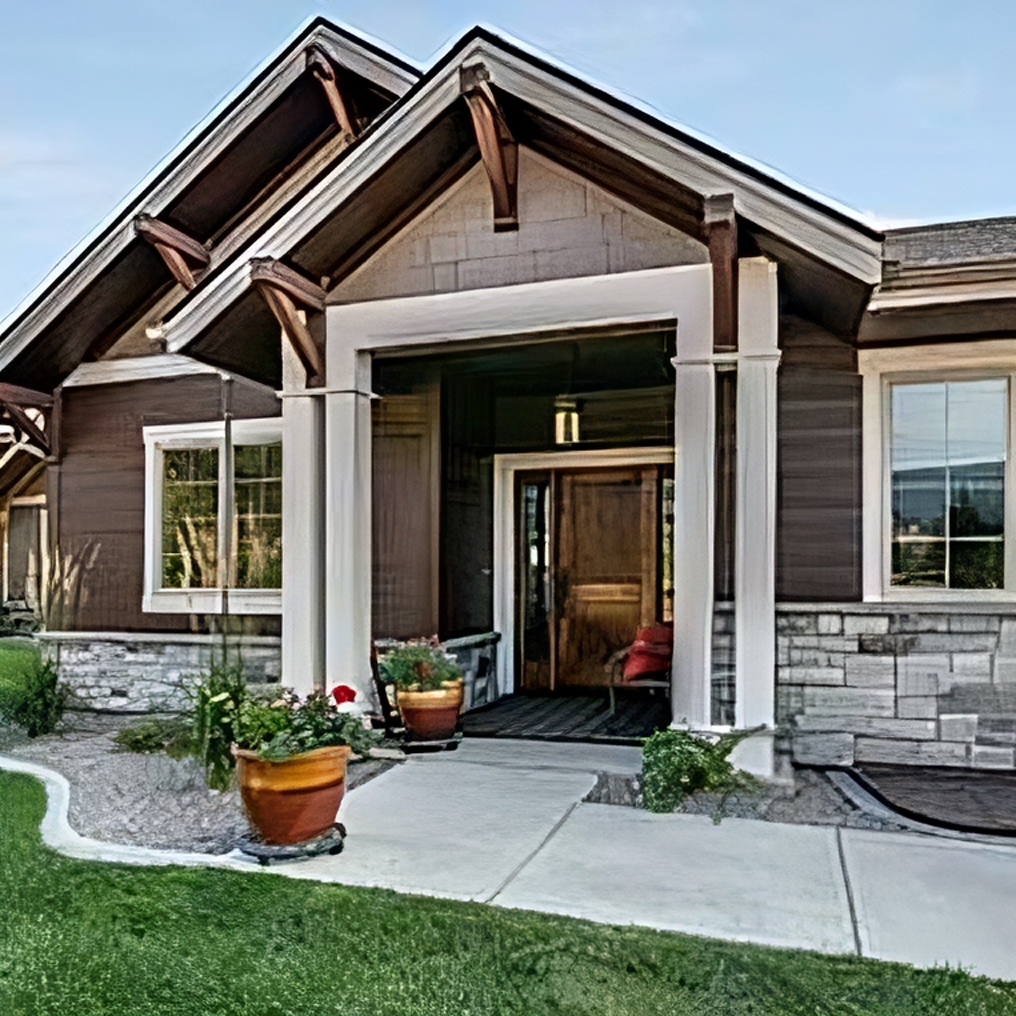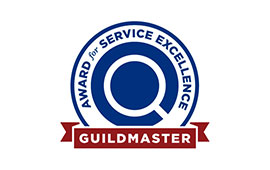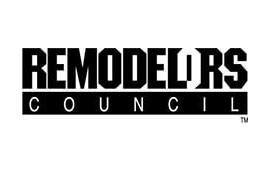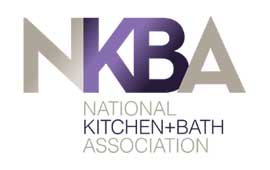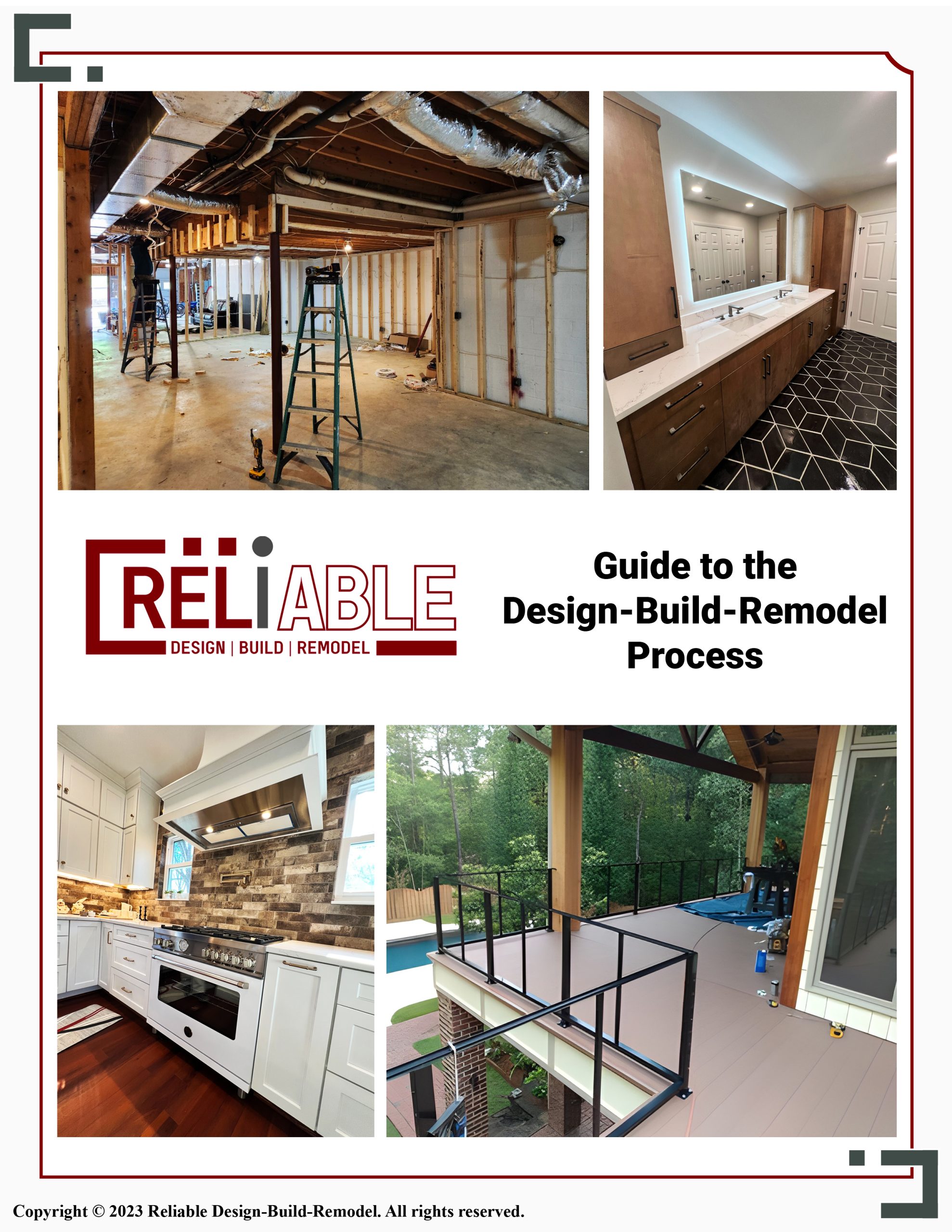At Reliable Design-Build-Remodel, based in Birmingham, AL, we take pride in educating our clients about every step of the remodeling process. One essential aspect of tile installation is understanding the process of mortaring tile. Whether you’re a DIY enthusiast or looking to hire a professional, knowing the basics can help you achieve a flawless finish. Let’s explore the intricacies of mortaring tile and answer some of the most common questions.
What is Mortar Tiling?
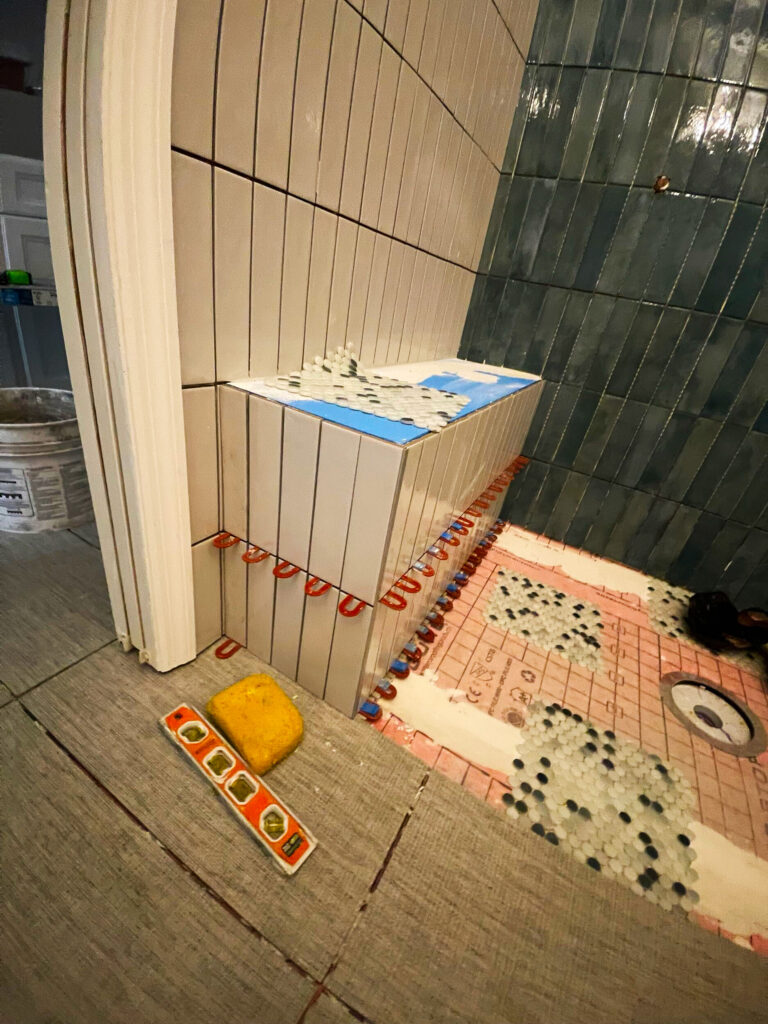
Mortar tiling refers to the use of mortar as the adhesive material to secure tiles to a surface. Mortar, a mixture of cement, sand, and water, acts as a sturdy and durable base that adheres tiles to floors, walls, or other surfaces. It is especially favored in areas that require extra durability, like kitchens, bathrooms, and outdoor spaces. Mortar provides a robust bond and can fill uneven surfaces, ensuring tiles lay evenly and remain secure over time. For professionals like us at Reliable Design-Build-Remodel, using the correct type of mortar based on the project is essential for long-lasting results.
What is the 3/4/5 Rule for Laying Tile?
The 3/4/5 rule is a method used to ensure that tiles are laid as a perfect square corner, where a triangle with sides measuring 3, 4, and 5 units will always have a right angle. To apply this method in tiling, measure 3 feet length on the straight line, a four foot length on the perpendicular line, and a five foot length across. This simple technique helps professionals and DIYers alike achieve a straight and square layout, a crucial factor in achieving a polished look.
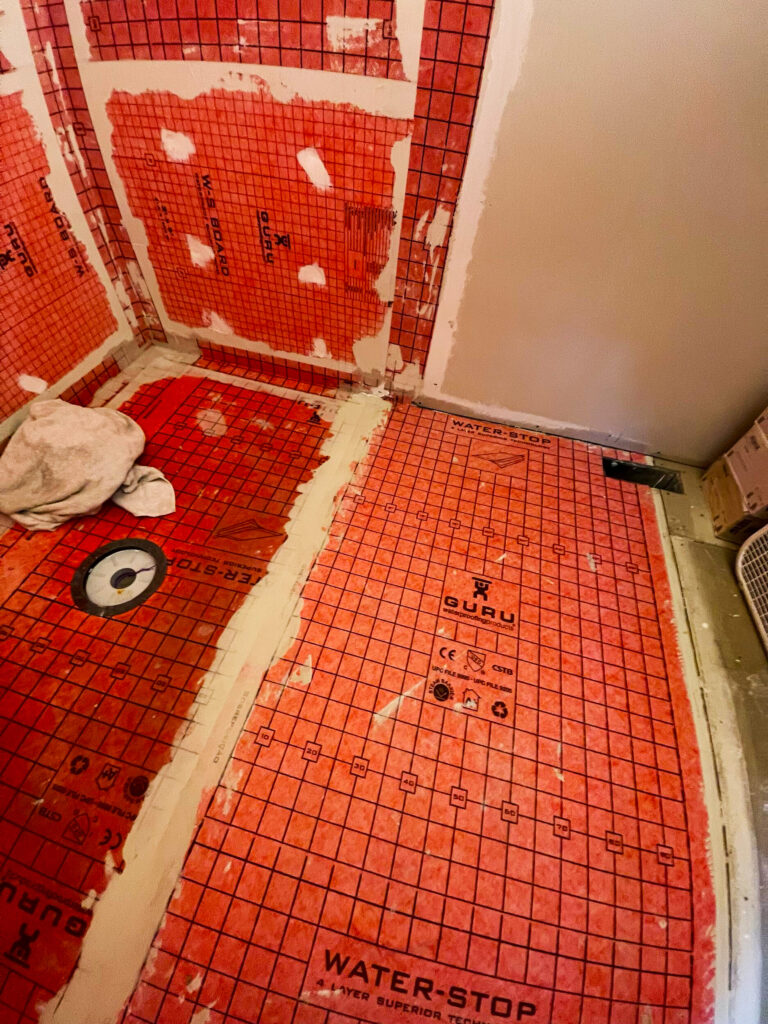
What’s the Difference Between Mortar and Thinset?
While the terms “mortar” and “thinset” are sometimes used interchangeably, they are not the same. Mortar is a general term that can refer to different types of adhesives used in construction. Thinset, a specific type of mortar, is a blend of cement, fine sand, and a water-retaining agent like latex. Thinset is thinner and more lightweight compared to traditional mortar and is ideal for tiling projects because it allows for a secure bond without adding excess bulk. It is also available in modified and unmodified forms, with modified thinset offering additional flexibility and bonding strength. Selecting the appropriate adhesive depends on the project’s needs, and consulting a professional can ensure the best choice.
Do You Grout or Mortar Between Tiles?
When installing tiles, mortar is used underneath the tiles to adhere them to the surface, while grout is applied between the tiles after the mortar has set. Grout fills the gaps between tiles, known as joints, and helps to lock them in place while also preventing moisture and debris from seeping beneath the tiles. Unlike mortar, grout is not adhesive but rather serves a sealing and finishing purpose. Both materials play distinct and complementary roles in the tiling process, and skipping either can compromise the integrity and appearance of the installation.
Which is Better: Mortar or Grout?
Mortar and grout are not competitors but collaborators in tiling projects, each with its unique role. Mortar is better for bonding tiles to surfaces because of its adhesive strength and flexibility. On the other hand, grout is indispensable for sealing the spaces between tiles, ensuring a neat finish, and providing additional water resistance. Comparing them isn’t about which is better overall, but rather about which is better suited for a specific purpose. Reliable Design-Build-Remodel always uses both in tandem to ensure durable and visually appealing tile installations.
Does Tile Mortar Get Hard?
Yes, tile mortar hardens as it cures, forming a durable bond that securely holds tiles in place. The curing process begins as the water in the mortar evaporates and the cement reacts chemically to form a hard, stable structure. Depending on the type of mortar and environmental conditions, this process can take 24 to 48 hours to fully set. It’s crucial to allow enough time for the mortar to harden before applying grout or putting weight on the tiles. At Reliable Design-Build-Remodel, we always adhere to proper curing times to ensure our installations stand the test of time.

At Reliable Design-Build-Remodel, we believe that knowledge empowers our clients to make informed decisions about their remodeling projects. Mortaring tile is an intricate yet rewarding process that requires the right materials, techniques, and expertise. Whether you’re planning a DIY project or need professional assistance, understanding the fundamentals can help you achieve a beautiful and long-lasting result.
Reliable Design-Build-Remodel is a full service general construction firm and remodeling contractor that has been mortaring tile for over 30 years in the Birmingham metro and Jefferson and Shelby County areas and surrounding communities, including Birmingham, Helena, Chelsea, Mountain Brook, Hoover, Homewood, Montevallo, Alabaster, Vestavia Hills, and Pelham, with over 30 years of servicing our valued clients. Offering full service suite of general remodeling, design and build services. Our specialties include bathroom remodeling, kitchen remodeling, exterior renovations, interior renovations, painting, and more!
Visit us at reliablerem.com, and like and follow us on Facebook and Instagram!



